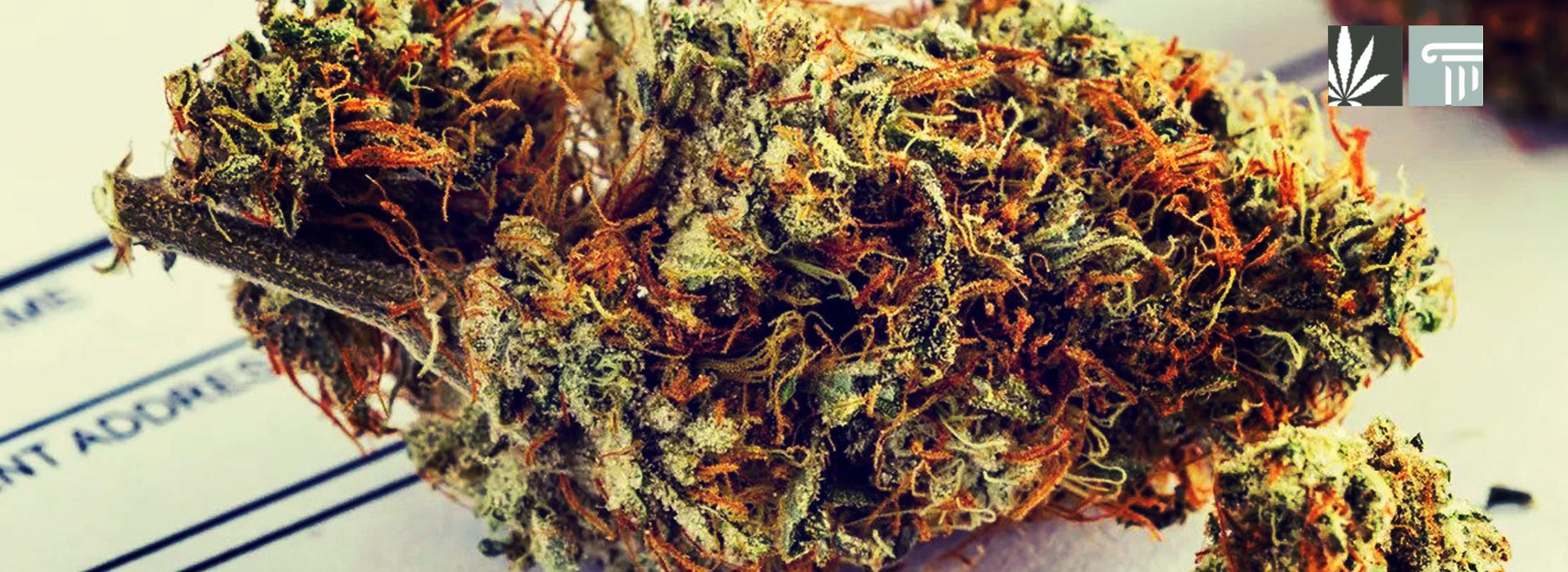The governor of Mississippi signed a medical marijuana legalization bill into law and the legislation took immediate effect. The state is now the 37th in the US to legalize medical cannabis.
Despite threatening to veto Senate-approved medical cannabis legislation, Gov. Tata Reeves put his signature to the Mississippi Medical Cannabis Act which allows qualifying patients to access medical marijuana from state-licensed dispensaries to treat certain conditions, such as cancer, post-traumatic stress disorder and Alzheimer’s.
In order to obtain medical cannabis, a patient must have a qualifying condition that a physician recommends the treatment for and a medical marijuana registration card issued by the Mississippi State Department of Health.
“Marijuana access is long overdue for Mississippi’s patients,” said NORML’s State Policies Manager Jax James. “The overwhelming majority of voters decided in favor of this policy change over a year ago, and for the past 14 months the will of the people has been denied.”
On Election Day 2020, 73 percent of Mississippi voters decided in favor of a citizen-led medical cannabis legalization proposal. The result was then challenged by Republican lawmakers in a case that went to the state’s Supreme Court.
Mississippi’s highest justices agreed the vote was illegitimate on the basis that valid ballot measures must have received a minimum number of signatures from each of the state’s five counties. The trouble is, however, that Mississippi has only had four counties since 2000.
Under Mississippi’s new medical cannabis laws, the Department of Health must start issuing patient registration cards within 60 days and medical marijuana dispensary licenses within 150 days. There will be no cap on the number of medical marijuana dispensary licenses that can be issued.
Qualifying patients will be allowed to buy up to 3.5 grams of marijuana flower or one gram of concentrates per day from state-licensed dispensaries, at a maximum of three ounces of flower in a thirty day period. Cannabis flower may not contain more than 30 percent THC, while concentrates will be limited to 60 percent.
Medical cannabis purchases will be taxed at the state’s seven percent sales rate with an additional five percent excise tax in place as well.
NORML’s James reiterated the benefits that legal access to medical marijuana will bring to patients across Mississippi, while expressing concerns at several aspects of the new law as well as at important omissions.
“We remain concerned that lawmakers saw fit to add unnecessary taxes on cannabis products, that patients are prohibited from home-cultivating limited amounts of cannabis for their own personal use, and that those with chronic pain are restricted from accessing cannabis products until first using more dangerous and addictive substances like opioids,” she said.
Another potential issue is the free rein given to employers to refuse employment on the basis of medical cannabis use, and another provision that shields workers’ compensation insurers from paying for medical marijuana costs.






